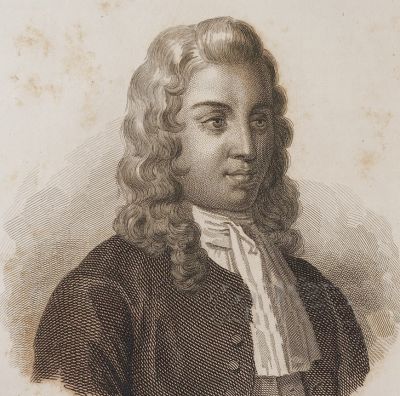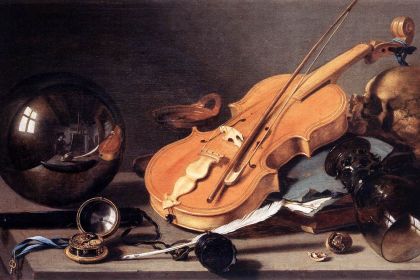ORCHESTRA
Nicola Porpora: operatic composer made history as a music teacher of Haydn and Farinelli

Portrait of Nicola Antonio Porpora
Nicola Porpora was an Italian composer of the late Baroque period whose operas brimmed with an excellent orchestral style that did not stop contemporary musicologists from characterizing his works as lacking both in dramatic depth and variety. Nevertheless, the composer had an obvious gift for vocal teaching that allowed him to light the brightest stars of opera vocalists, of which the castrato Farinelli was the most famous.
Over his sixty-year long career, Nicola Porpora has created more than fifty operas and instrumental compositions, working in major European music centers like Naples, Venice, London, Dresden, and Vienna.
Having received recognition of his first opera in his native Naples in 1708, Nicola Porpora worked at the Neapolitan Conservatorio di Sant'Onofrio and the Poveri di Gesù Cristo where he trained Farinelli, Caffarelli, Salimbeni, and other celebrated vocalists. Following that, in 1726, he accepted the teaching post in Venice at the Ospedale degli Incurabili, the famous music school for girls, where he served for six years.
As Porpora's operas were popular at home, he received an intriguing offer from London to become a chief composer at the Opera of the Nobility to compete with Handel’s opera company. After accepting the offer in 1933, Porpora spent three years in England writing five operas, among them Polifemo, Davide e Betsabea, and Ifigenia in Aulide, the latter featuring vocal parts for his great pupil Farinelli.
Listen to Nicola Porpora's Dolci freschi aurette from Polifemo performed by Julie Boulianne:
After leaving London, Nicola Porpora returned to Italy where he spent about a decade earning mainly by teaching vocals. In 1748, he received a very prestigious chapelmaster post in Dresden where he ended up living for nearly three years.
The last international point of his career started in 1751 in Vienna, where the composer spent five years giving composition lessons to young Haydn who later noted that he had learned from the Porpora "the true fundamentals of composition".
Returning to his native Naples for the last time, Nicola Porpora discovered that his florid and lyrical style had gone out of popularity, giving way to new musical forms of the Classical period. The lack of a decent income plunged the composer into poverty, and his funeral in 1768 was paid by a subscription concert.




And here's a fast one. Ann Hallenberg is crazy enough to sing this as an encore after a whole evening of Farinelli arias, in this case in Bergen:
https://www.youtube.com/watch?v=qXDmB2qOxj0&fbclid=IwAR11psYpe5yPkXX0ULf...